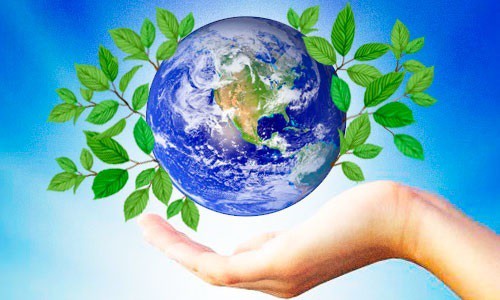

United Nations World Environment Day is the main instrument for promoting and encouraging global awareness and action to protect the environment. Over the years, it has evolved into a broad, global platform for public information, and is widely noted by stakeholders in more than 100 countries. It also serves as a “national day” so that people can do something good for the environment, combining individual individual actions into a single collective force, which ultimately must produce a positive impact on the planet.
World Environment Day was established by the United Nations General Assembly in 1972 to commemorate the opening of the Stockholm Conference on the Human Environment.
Why is it important
- The well-being of humanity, the environment and the functioning of the economy ultimately depend on the responsible management of the planet’s natural resources;
- many of the Earth’s ecosystems are approaching critical points of depletion or irreversible changes due to high population growth and economic development;
- by 2050, if current consumption and production trends remain unchanged, and the population is expected to increase to 9.6 billion, we will need three planets to support our lifestyle and consumption.











